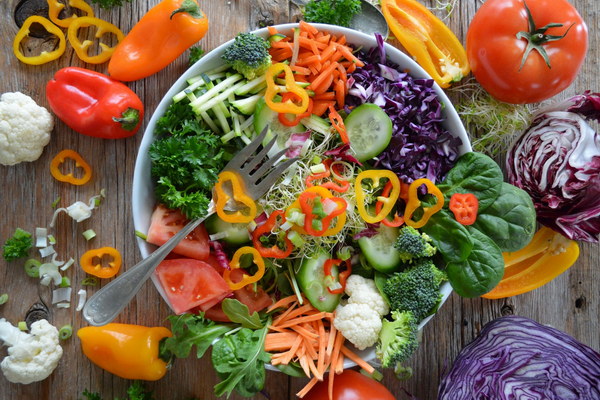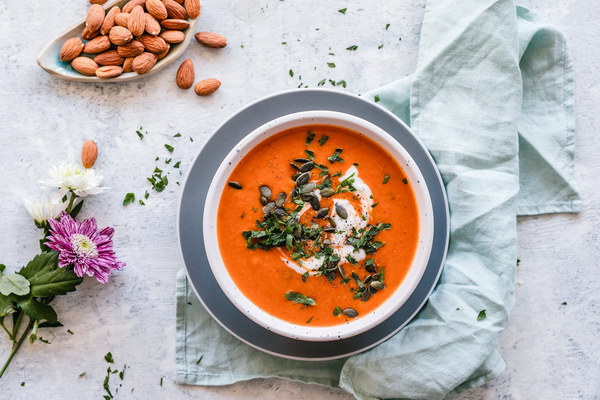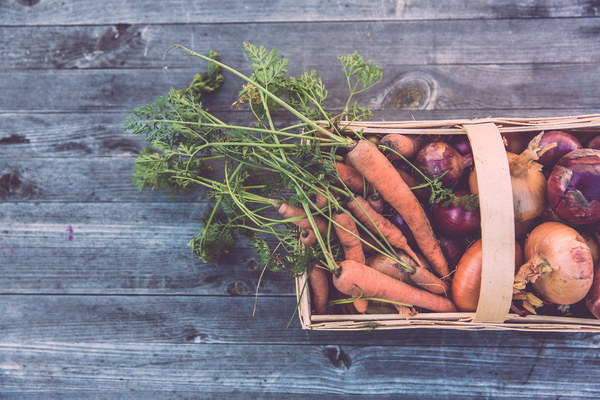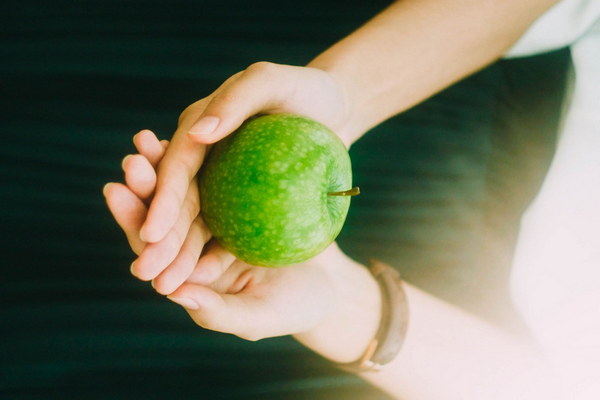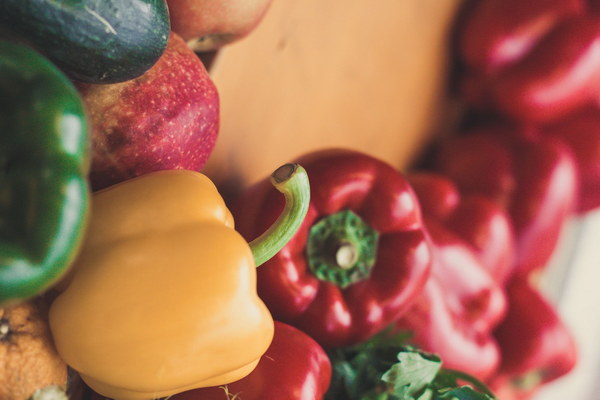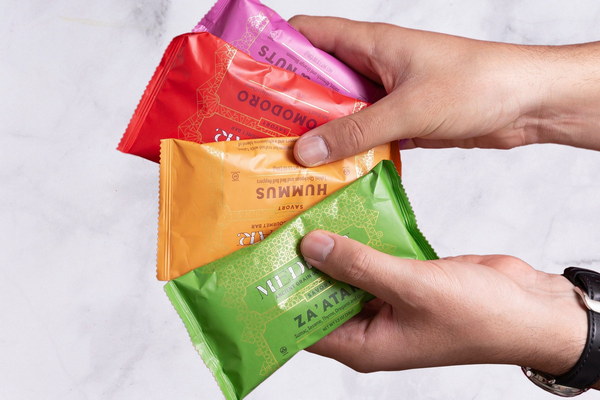Exploring the Nuts and Bolts of Jiangsu Business Trip Catering Allowances An Overview
In the dynamic world of business travel, understanding and managing the intricacies of expense allowances is crucial for both companies and their employees. One such allowance that often catches the eye is the catering allowance for business trips in Jiangsu province. This article delves into the details of the Jiangsu business trip catering allowance, exploring its purpose, eligibility, and the average costs involved.
Understanding the Purpose of the Catering Allowance
The catering allowance for business trips in Jiangsu is designed to cover the meals and refreshments incurred by employees while on official business. This allowance is meant to ensure that employees have access to nutritious and affordable meals during their travels, thereby maintaining their productivity and well-being.
Eligibility Criteria
Eligibility for the catering allowance in Jiangsu is typically determined by the nature of the business trip. Employees who are required to travel for work purposes within the province or to neighboring regions may be eligible. The allowance is usually applicable for trips that last a day or more, excluding weekends and holidays.
Average Costs
The average costs for the catering allowance in Jiangsu can vary based on several factors, including the duration of the trip, the location of the destination, and the type of meals provided. As a rough estimate, the allowance might range from RMB 100 to RMB 200 per day.
For a one-day trip, the allowance might be around RMB 100, which can cover a light breakfast, lunch, and a light dinner. For longer trips, the allowance might increase to RMB 150 to RMB 200, providing a more comprehensive meal plan.
Components of the Catering Allowance
The catering allowance in Jiangsu typically includes the following components:
1. Breakfast: A healthy breakfast may consist of staple foods like bread, eggs, and coffee or tea.

2. Lunch: A balanced meal that may include a variety of dishes, ensuring that nutritional needs are met.
3. Dinner: Similar to lunch, dinner should cater to a range of dietary preferences and restrictions.
4. Snacks and Refreshments: During longer trips, snacks and refreshments such as fruits, juices, or soft drinks may be provided.
Claiming the Catering Allowance
Employees are generally required to submit receipts or proof of their meal expenses to their employer to claim the catering allowance. Companies often have a specific process for submitting and approving these claims, which may include the following steps:
1. Documentation: Collect all relevant receipts and proof of meal expenses.
2. Submission: Submit the documents to the HR department or the finance team.
3. Review and Approval: The company will review the submissions and approve the claims.
4. Payment: Once approved, the catering allowance will be added to the employee's next payroll.
Considerations for Companies
For companies, managing the catering allowance effectively involves:
1. Budgeting: Ensuring that the budget for catering allowances is realistic and covers the average costs.
2. Policy Implementation: Clear policies and procedures for claiming and approving catering allowances.
3. Monitoring: Regularly reviewing the usage of catering allowances to ensure they are being used appropriately.
Conclusion
The catering allowance for business trips in Jiangsu is an essential component of an employee's total compensation package. By understanding the details of this allowance, both employees and employers can ensure that business travel is conducted efficiently and responsibly. The average costs and the components of the allowance provide a framework for planning and budgeting, ultimately contributing to a smoother and more productive business travel experience.
